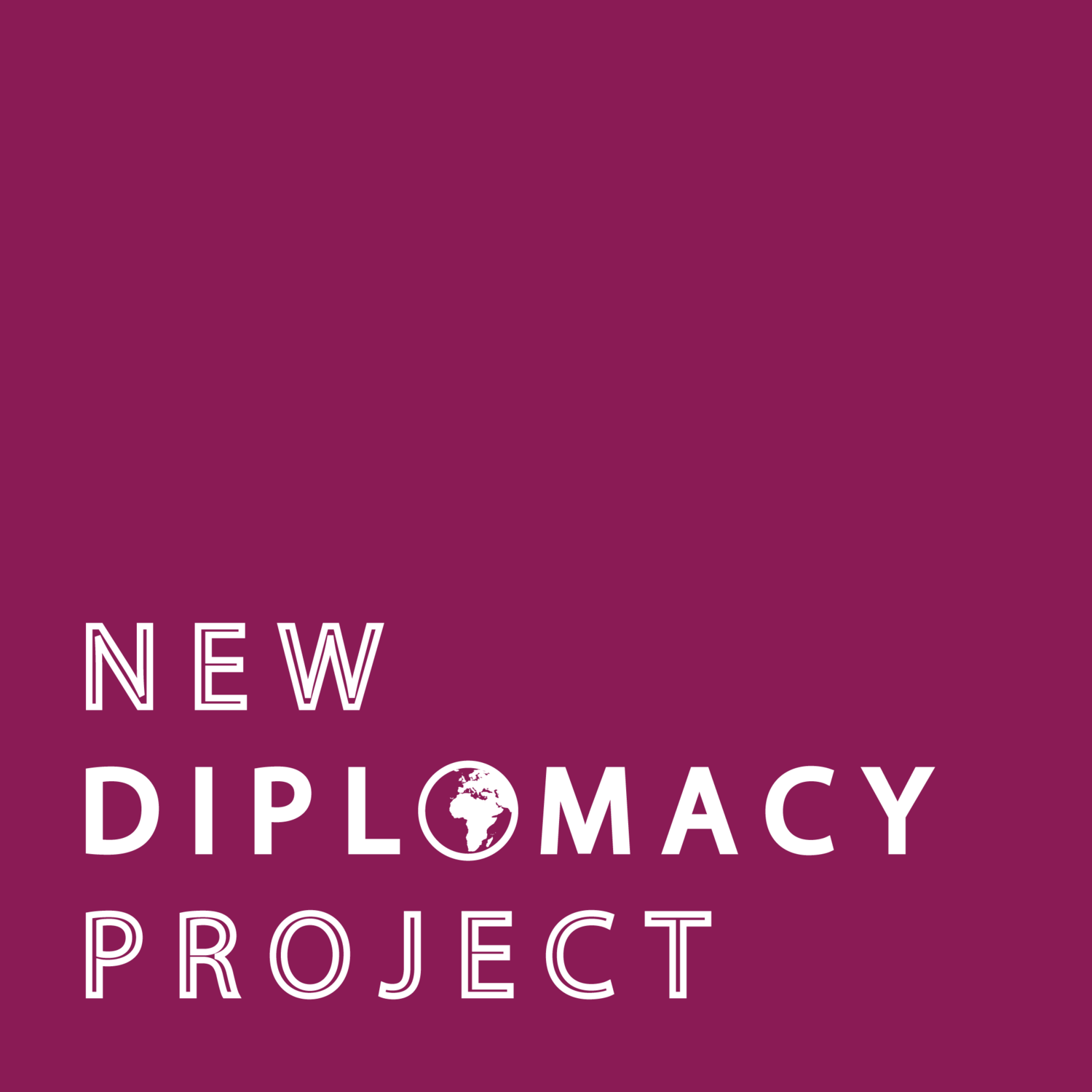What a Labour defence procurement policy should look like
The unipolar world order, dominated by the United States, is over. We are in an era of emerging multipolarity now. Changes in the global balance of power create uncertainty, uncertainty contributes to power vacuums and the redrawing of lines of acceptability, and these provide conditions for conflict and war. We have seen this logic most clearly in Ukraine, in the Middle East, in the Sahel and in Nagorno Karabakh. We are seeing these conditions develop in the Balkans, in South America and in East and Southeast Asia.
A strategy is essential to defining the focus of a procurement budget and Labour have rightly committed to a strategic review if elected to govern. The challenges that the Government’s Integrated Review (IR) has found is that it did not have built-in flexibility. The 2021 IR largely ignored Europe, preferring to invest greater attention to the Indo-Pacific. This strategy had to be refreshed in 2023 to respond to Russia’s aggression in Ukraine. While many did not foresee this escalation in Eastern Europe, this is partly because we had not been paying ample attention to the history of international relations.
A Labour strategy must be centred within the UK’s own continent – Europe. Reinforcing relationships with European allies through NATO and through a defence and security partnership with the EU, which Labour has committed to, is essential. But this strategy must be flexible and credible enough to make sense of the new international order - one that is increasingly fragile as well as interconnected.
An overarching foreign and defence policy strategy, which we have already seen Labour develop the skeleton of, will then define its industrial strategy and procurement policy. While this will depend on the former, core pillars of this should include:
Revisiting the implementation of the Government’s social value model, which is rooted in the idea of expanding the conception of ‘value for money’ to ensure the MOD (and other Departments) are not simply buying off the shelf at the expense of their own industry and sovereign capability. Industry has found its implementation to be inconsistent and incoherent. A review will align with the Shadow Chancellor’s plan to “make, sell and buy more in Britain”.
Labour should therefore explore developing a specific framework, setting out the capability areas that it will seek to procure in the UK, where it will seek to collaborate with its partners and allies, and where it may make more sense to buy off the shelf in order to respond to urgent needs. Effective implementation of such a framework will require training and incentivisation of government procurement teams in order to bridge the gap between strategy and reality.
Developing a specific exports strategy for defence and security. The question of exports is a complicated and nuanced one. The UK’s defence industry cannot sustain itself without exports, and the licensing regime is painfully slow, contributing to lost opportunities, and making it harder for the MOD to justify its budgets vis-à-vis the Treasury (exports are good for growth, after all). However, at the same time, Labour needs to meet international legal obligations and an exports regime needs to reflect Labour values.
A strategy is therefore essential, as the issues are seldom black and white. Take, for instance, support for Ukraine. This is contributing to defending Ukraine today. However, had Western nations provided this support and loosened stringent exports requirements after 2014, perhaps Russia would have been deterred from the full war scenario we see today.
Supporting innovation. An interesting recent Twitter thread from John Burn-Murdoch, Chief Data Reporter at the FT, highlights how Western society is “shifting away from a culture of progress and towards one of caution, worry and risk-aversion”. This is something that can be reflected through the popular conception of artificial intelligence as something to fear, as opposed to something that can augment our lives and provide solutions to several policy challenges.
Labour have already committed to regulating AI. While this is essential to ensuring AI safety, we must not, however, seek to over-regulate to the detriment of innovation and our industry. Over-regulation can contribute to a situation where, by undermining our own industry, we end up being reliant on others for technologies that we have not developed, thereby directly impacting our sovereign capability and national security. Supporting innovation is inherently progressive.
Promoting supply chains. Prime contractors are essential, strategic partners in the delivery of our national security. But we must not forget that they rely on a wider supply chain consisting of mid-tier contractors and SMEs that may often not be as visible. SME issues, for instance, should not be subject to a small working group in the Defence Suppliers Forum – they should be considered on all issues and industrial fora. Labour should promote supply chains and seek to develop an industrial and procurement policy that supports them. Supply chains are the heart of our industry.
Ultimately, a potential Labour government will need time to formulate its strategy, working cross-departmentally, and then to review its own Equipment Plan after fourteen years outside of Government. The civil service and armed forces need time to adapt to Labour’s approach and thinking too. For a progressive procurement policy to be effective, a Labour MOD will need to work closely with a Labour Treasury to maximise UK national security perspectives and the potential of the defence and security industry, which will in turn contribute to economic growth.
Photo: British Troops Remembering the Fallen in Afghanistan via Flickr. Picture by Corporal Andrew Morris (RAF)| Credit: MoD/Crown copyright
